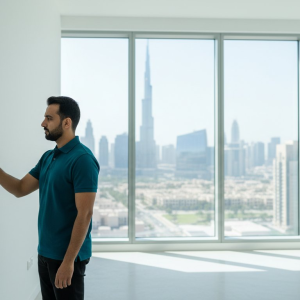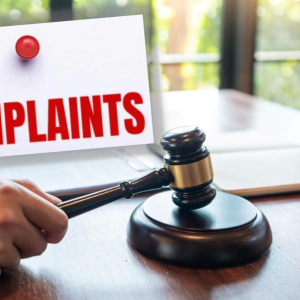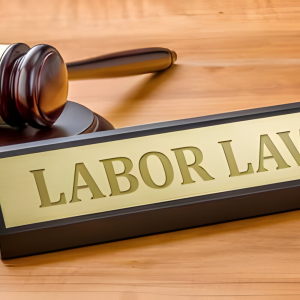Ras Al Khaimah, one of the seven emirates of the UAE, is widely known for its culture, history, and rapid development. Yet, hidden behind the progress of the city lies one of its most structured and organized institutions — the Ras Al Khaimah Central Jail. This correctional facility is not just a place of confinement but also a space where reform, discipline, and rehabilitation play a central role. Unlike the harsh image many associate with prisons, Ras Al Khaimah Central Jail represents a balanced approach of justice, humanity, and the opportunity to rebuild lives.
The Purpose of Ras Al Khaimah Central Jail
The core objective of Ras Al Khaimah Central Jail goes beyond simply detaining individuals who have broken the law. Its vision is rooted in discipline, order, and an opportunity for transformation. The jail system in the UAE, including Ras Al Khaimah, is structured to ensure safety for society while also focusing on rehabilitating prisoners to prepare them for reintegration. It works under the supervision of strict legal and judicial frameworks, making sure every action aligns with fairness and responsibility.
Infrastructure and Facilities
Ras Al Khaimah Central Jail is designed to be more than just cells and walls. The facility is structured to provide security without stripping individuals of their dignity. The jail has separate sections for different categories of inmates based on the nature of their cases. In addition, there are health units, prayer areas, libraries, and educational centers within the premises. These facilities reflect the UAE’s broader philosophy of maintaining human rights while upholding the law.

The jail administration has worked to create an environment where inmates can spend their time productively. Access to books, vocational training, and skill development programs allows many prisoners to learn something valuable that they can carry with them after their release.
Daily Life Inside the Jail
Life inside Ras Al Khaimah Central Jail is structured around discipline and routine. Inmates follow a strict schedule starting early in the morning with prayers and daily responsibilities. Meals are provided at fixed times, with a diet focused on nutrition and health. Many inmates participate in educational or work programs during the day, giving them a sense of purpose.

Religious and cultural practices are also respected within the jail. Inmates are allowed to observe their faith, and communal prayers often bring a sense of hope and unity. This balance between discipline and spiritual guidance has helped many inmates redirect their lives toward a more positive path.
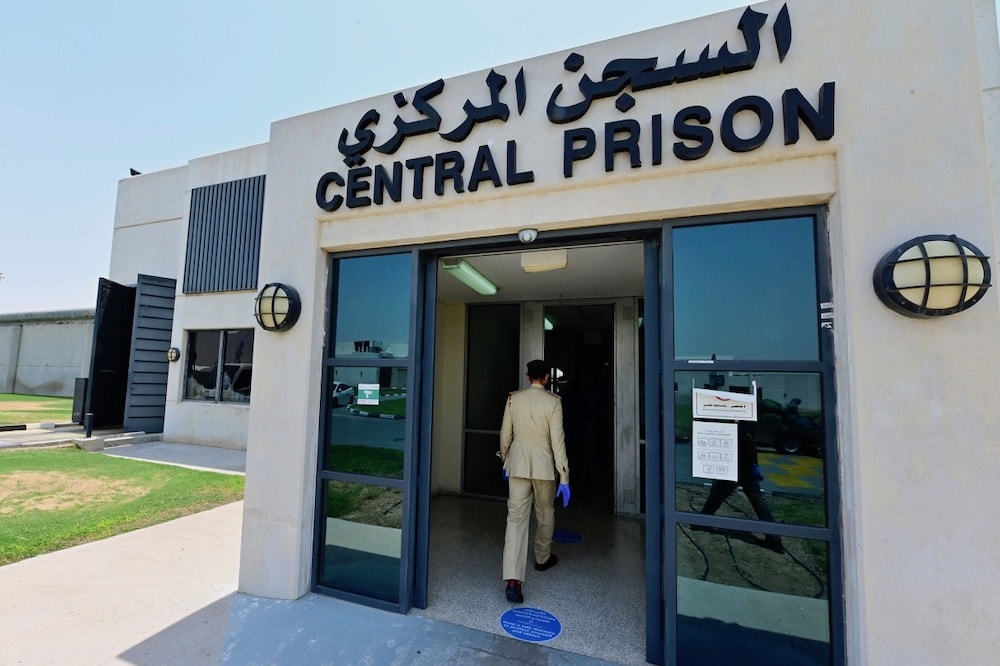
Rehabilitation Programs
What sets Ras Al Khaimah Central Jail apart is its focus on rehabilitation. Authorities understand that while punishment is necessary, true progress comes when individuals are given the tools to reform. Rehabilitation programs include skill-based training, counseling, and educational initiatives. Many inmates are taught trades such as carpentry, tailoring, or computer literacy, helping them gain employable skills for life after prison.
Counseling sessions provide emotional and psychological support to those struggling with isolation, regret, or guilt. These sessions often play a pivotal role in helping inmates reconnect with themselves and plan for a better future.
Human Rights and Welfare
The UAE, including Ras Al Khaimah, has emphasized human rights within its correctional system. The jail ensures that inmates are treated with dignity and respect, regardless of their crimes. Access to healthcare, proper food, clean water, and hygiene is maintained. Regular inspections and structured procedures guarantee that welfare standards are not compromised.
Family visits are also allowed, as authorities recognize the importance of human connection in rehabilitation. Inmates are given opportunities to stay in touch with their loved ones, reducing the feeling of isolation that often worsens imprisonment.
Stories of Transformation
Many who have served time in Ras Al Khaimah Central Jail share stories of personal growth and transformation. For some, the structured environment has been a wake-up call, forcing them to reflect on their mistakes and make better choices. Others have left the jail with new skills that helped them rebuild their lives from scratch.
There are cases where individuals, after release, became small business owners or skilled workers, crediting their training inside the jail for giving them a second chance. These stories stand as proof that the correctional facility is not just about punishment but about offering hope for a better tomorrow.
Challenges Faced
Like any correctional institution, Ras Al Khaimah Central Jail also faces challenges. Managing a diverse group of inmates from different nationalities, backgrounds, and circumstances requires constant effort. Language barriers, cultural differences, and varying levels of crime severity often create complexities in daily operations.
Moreover, balancing security with rehabilitation is not always easy. Authorities need to ensure discipline while also providing opportunities for growth, which can sometimes be a delicate balance to maintain. Despite these challenges, the jail has built a reputation for being fair, structured, and humane.
The Role of Family and Society
Rehabilitation does not end at the prison gates. The role of families and society in welcoming back released inmates is equally important. Authorities often stress that while the jail provides training and reform, real change can only happen if society accepts these individuals again. Stigma and prejudice often stand as barriers to reintegration, making it harder for former inmates to rebuild their lives.
In Ras Al Khaimah, initiatives have been made to spread awareness about second chances and the importance of offering opportunities to those who wish to reform. Employers and community members are encouraged to provide jobs and support, ensuring that released individuals do not fall back into negative patterns.
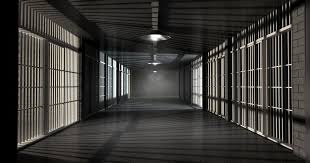
Legal and Administrative Oversight
Ras Al Khaimah Central Jail operates under strict supervision by both local and federal authorities. Legal procedures are followed diligently, and administrative staff undergo continuous training to handle inmates fairly and professionally. This oversight ensures transparency and prevents abuse, maintaining a standard that aligns with international correctional practices.
Regular audits, inspections, and feedback from both staff and inmates contribute to improving conditions within the jail. The goal is to create a system where safety, justice, and humanity coexist.
The Broader Impact on Ras Al Khaimah
The existence of Ras Al Khaimah Central Jail also impacts the wider community. It reflects the emirate’s commitment to maintaining law and order while also demonstrating compassion and progress. By focusing on rehabilitation, the jail reduces the chances of repeated crimes, contributing to a safer and more secure society.
The positive transformation of inmates also sends a strong message to the younger generation: that mistakes have consequences, but change is always possible with discipline and guidance.
Conclusion
Ras Al Khaimah Central Jail is more than just a prison; it is a place where justice meets humanity. While it serves the purpose of punishing crime, it also shines as a symbol of reform, education, and second chances. The structured environment, rehabilitation programs, and respect for human rights make it stand out as a correctional facility that values transformation as much as discipline.
For many inmates, it becomes a turning point — a place where mistakes are acknowledged, lessons are learned, and new opportunities begin. For society, it serves as a reminder that justice should not only protect but also heal and rebuild.
Do follow UAE Stories on Instagram
Sustainability Initiatives in Dubai Homes You’ll Want to Embrace





